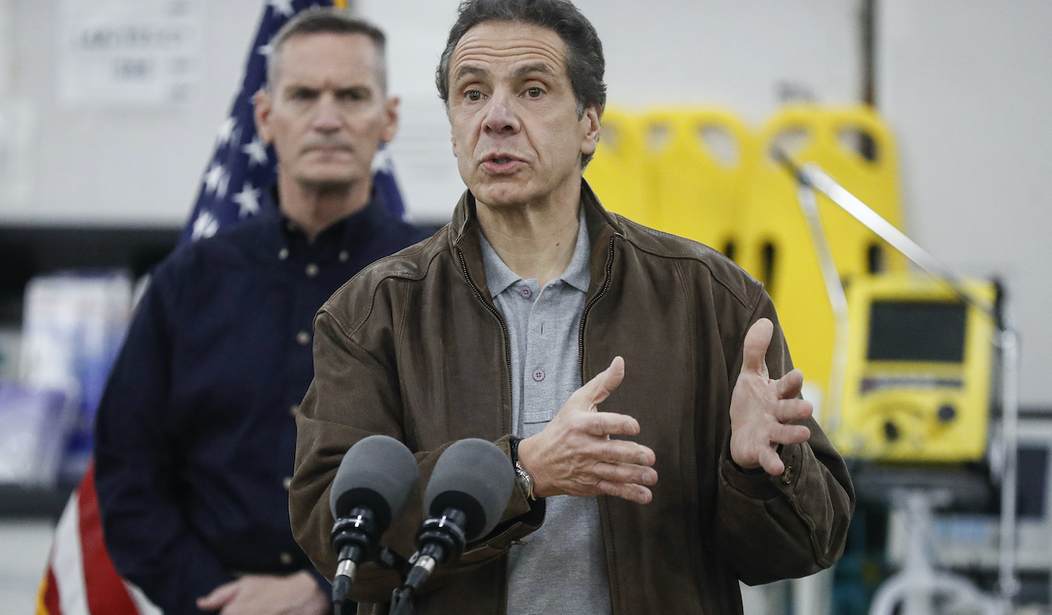At the onset of COVID-19 in March 2020, I remember how surreal it felt when state and local officials across the country issued orders to “shelter in place.” At that time, we knew so little about the novel coronavirus, but the news coverage of massive deaths in Europe made these government orders seem reasonable, if drastic.
Businesses closed. Schools shut down. Churches cancelled. Streets emptied. We were told to wear surgical masks and practice social distancing when in public — only venturing out for “essential activities,” of course. Some cities and counties even threatened fines and jail time for those who didn’t comply. As we grappled with overcrowded hospitals and climbing death tolls, decisions made by local governments regulated our lives longer than we’d ever thought possible in America.
Though tragic in countless ways, the COVID experience shed light on the importance of local policymakers. In the past few months, local governments from New York City to Kerr County, Texas, have attracted national media attention for good reasons. The budgets, protocols and philosophical mindsets of our local officials have an enormous and direct impact on our lives. Yet, voter turnouts for local elections — when we choose these important officials — fall drastically behind those at the national level.
Examples of local government:
- Through the city council and mayor, the following services are decided upon and managed: police and local jail, fire department, courts (judges/prosecutors/public defenders), trash/recycling/sewage, water/gas/electricity, roads and bridges, animal services, zoning, public records, election administration, business development, parks and recreation, and arts and culture.
- The school board decides things such as budgets and spending, education tax rate, superintendent and staff, curriculum, academic goals, and allowable extracurricular activities.
Recommended
Instead of your child learning to read, write and do math in school, they could (and often do!) spend precious hours and taxpayer money learning hollow, or even harmful, philosophies that have nothing to do with mastering the next level of fundamental skills. Instead of your city council members making sure that roads are functioning and the police department is well-staffed, they could be preoccupied with meeting employee diversity quotas or planning a parade to celebrate LGBTQ+ pride.
Therefore, here are some simple ways everyday Americans can stay informed about local government activities without attending board meetings or reading the long-winded written record of a previous meeting.
- Start by following your county, city and school board on social media. If you start getting some of their activities in front of your eyes, you’re likely to discover something that interests you, whether it’s public safety, small business development, or arts and culture. Take it one step further by visiting these websites and subscribing to their email communications. One small step tends to lead to another.
- Identify your representatives, if you don’t know them. Start with your county and city representatives, as well as your school board representatives. Look up your district on a map online, or just ask a friend! Once you know names, you can ask friends or acquaintances about them when conversations veer toward complaints or observations about city business. As officials’ names start crossing your path, it will pique your curiosity to learn more.
- Follow a local news source or two. These days, many of us listen only to news geared to national interests. While you’re signing up for social media and emails about your city, find a local news source to follow as well. Your suburb may also have a small online news source, or check out the “Nextdoor” platform, where people share info about their communities. Keep an eye out for reports on the courthouse and city hall — and don’t forget the school board.
- Identify friends who are involved in local government. This is a great way to learn about candidates who share your values and those who don’t. Politically minded friends at the local level may even be able to recommend candidates for more obscure offices (local tax assessor or constable, anyone?). If you’re that person, don’t wait until election season to discuss local issues with friends. Ask questions and share your concerns, always keeping in mind the good tenets of civil discourse. If there’s an important issue on the agenda at a city council or school board meeting, that’s an ideal time to invite your like-minded friends to show up and speak out.
Debbie Wuthnow is the president of iVoterGuide, a division of AFA Action, and a member of the Board of Directors of AFA Action. She joined iVoterGuide in 2011 as a data analyst and was named president in 2018. iVoterGuide is a one-stop resource for candidate ratings and election information. In 2024, iVoterGuide’s expert researchers gave an in-depth analysis — and overall rating — for 12,000+ candidates in 5,290 races nationwide. Additionally, iVoterGuide offers election dates, registration deadlines, polling locations and other information needed to help Americans vote wisely and identify candidates on the ballot who share their values.
Editor’s Note: Do you enjoy Townhall’s conservative reporting that takes on the radical left and woke media? Support our work so that we can continue to bring you the truth.
Join Townhall VIP and use the promo code FIGHT to get 60% off your VIP membership!

























Join the conversation as a VIP Member